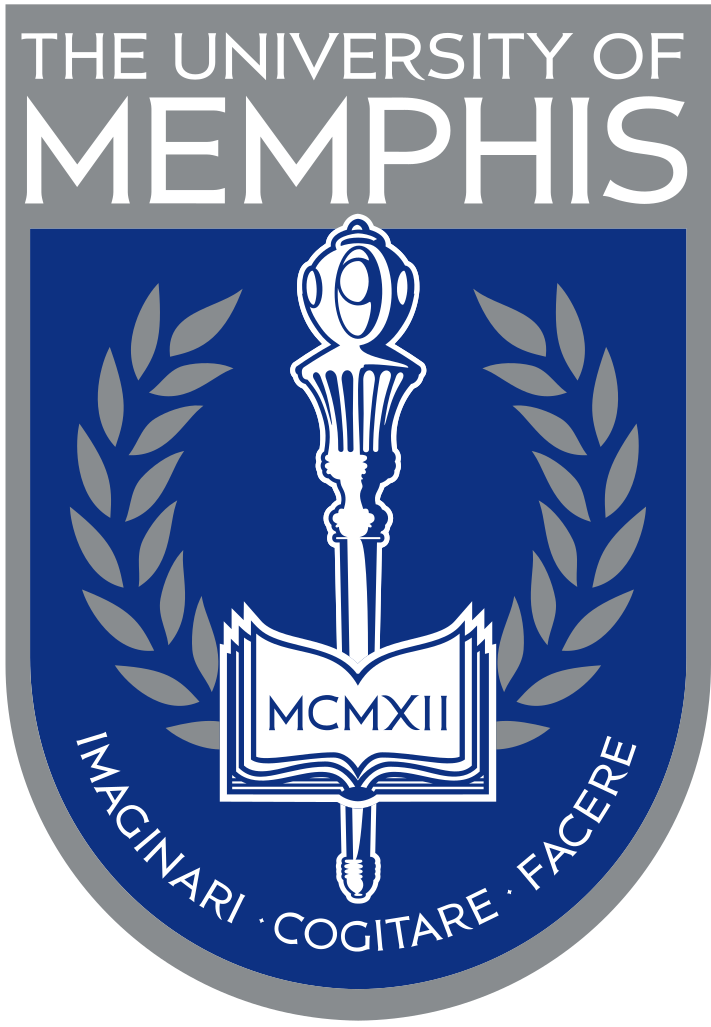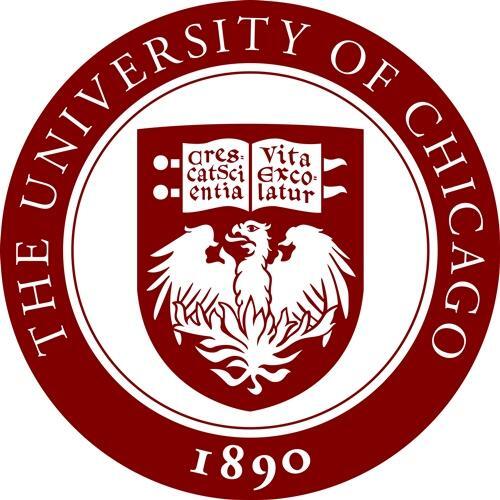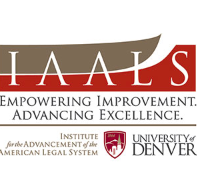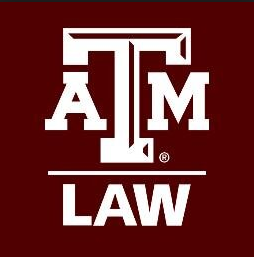Since launching our grantmaking activities in 2014, we have awarded over $26.4 million in support of our research priorities: access, affordability, and the value of legal education.
Awarded Grants
Grant Program
Grant Status

University of Memphis
A $50,000 research grant was awarded to University of Memphis Associate Professor Yonghong Xu to examine diversity in law schools and how the educational experiences of women and racial minorities contribute to their career progress in legal professions.
To read more, please visit Equality at the Starting Line? Gender- and Race-Based Differences at the Transition from Law School to the Legal Profession

University of Michigan - Ann Arbor
A $50,000 research grant was awarded to Stephen DesJardins, a professor at the University of Michigan—Ann Arbor, to address ways that law schools can use data systematically to admit students into their programs and then predict which students will actually enroll at the institution.
To read more, please visit Predicting Law School Enrollment: The Strategic Use of Financial Aid to Craft a Class

University of Chicago
A $12,400 dissertation grant was awarded to Nayoung Rim, a Ph.D. student at the University of Chicago, to study the effect of Title IX on gender disparity in legal education and other graduate and professional education.
To read more, please visit The Effect of Title IX on Gender Disparity in Graduate Education

The Association of American Law Schools (AALS)
The AALS strove to communicate a more balanced and informed understanding of legal education to key groups outside the legal academy including policymakers, leaders of the bar and bench, the media, prospective law students, and the general public. This grant from AccessLex Institute supported the general operation and implementation of this project.
To read more, please visit AALS Receives Access Group Grant to Support Public Outreach Efforts

Institute for the Advancement of the American Legal System (IAALS) at University of Denver
Educating Tomorrow’s Lawyers, an initiative of IAALS, will collect data for its Foundations for Practice project. Foundations for Practice is a multi-year project designed to identify the foundations entry-level lawyers need to succeed in the practice of law; develop measurable models of legal education that support those foundations; and align market needs with hiring practices to incentivize positive improvements.
Download the full report at iaals.du.edu.

Texas A&M University School of Law
Through the Texas Lawyers Study, Texas A&M University School of Law will survey nearly 88,000 members of the State Bar of Texas to collect data regarding income levels, demographics and career satisfaction. The data will be used to better understand the varying effects of a law degree based on student characteristics as well to produce scholarly research on the economic value of a law degree.

University of Colorado Law School
Funding from AccessLex Institute helped support the development of the Tech Lawyer Accelerator Program at the University of Colorado Law School. This innovative program helped students secure jobs in technology and entrepreneurship and was designed to offer first- and second-year law students extensive educational training and professional experience with local and national technology firms.
Second year funding provided support to University of Colorado Law School to enhance the curriculum for its Tech Lawyer Accelerator (TLA) program, grow participation in the program and enhance the tracking of program effectiveness. The TLA program provided competency-based training for law students focused on the technology industry.
To read more, please visit New Tech Lawyer Accelerator Program Garners Inaugural Access Group Grant

Seton Hall University School of Law
Building on their previous paper, The Economic Value of a Law Degree, Michael Simkovic, Associate Professor of Law at Seton Hall University School of Law and Frank McIntyre, Assistant Professor of Finance at Rutgers Business School will use federal and national data sources to perform an empirical analysis of heterogeneity and cohort effects in the law school premium, and the effect of a law degree on earnings for specific identifiable subgroups of law students.
To read more, please visit The Economic Value of a Law Degree



